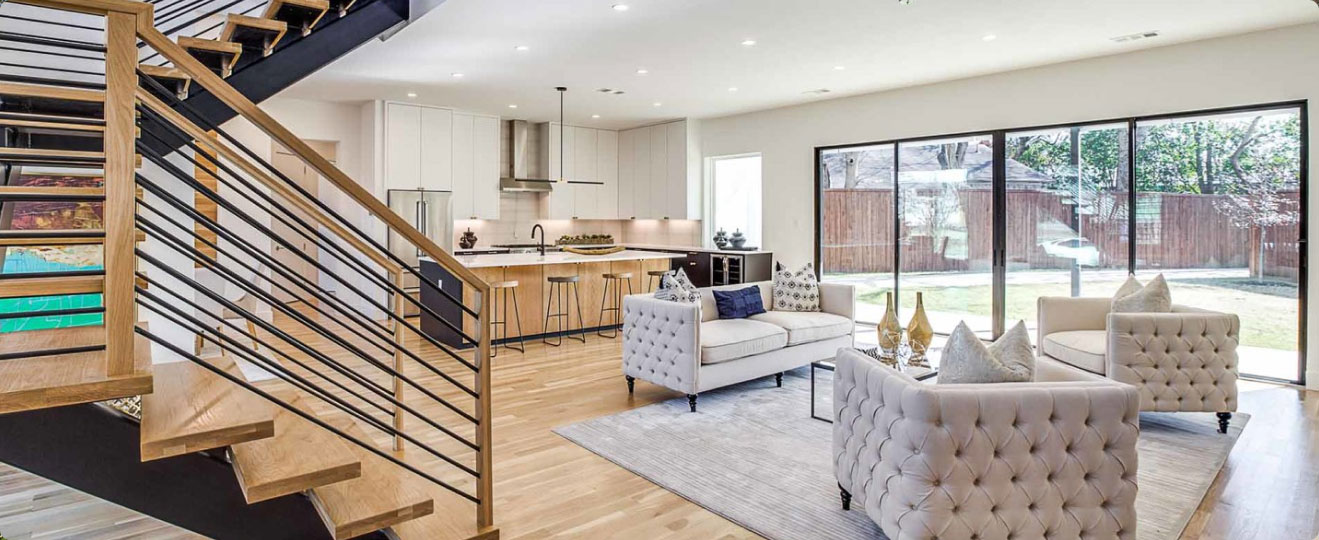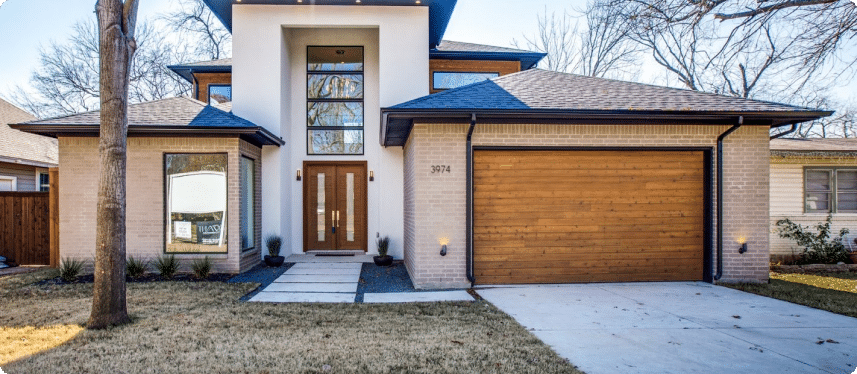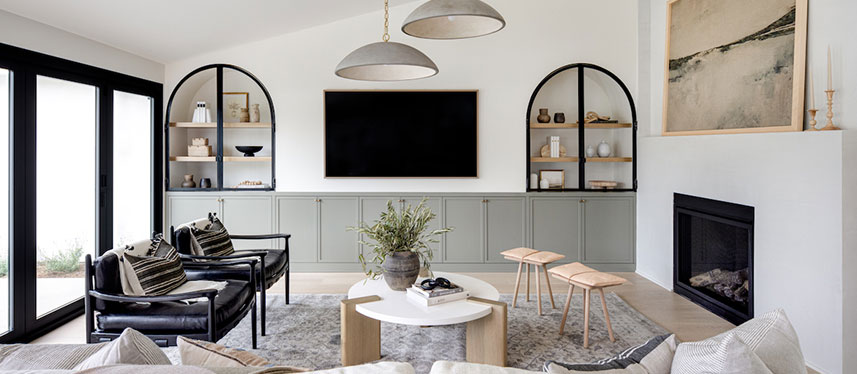
Introduction
Garage Conversion in Hillsborough is a wonderful way to make use of the space you already have. Converting a garage can provide a new living area, a home office, or even a guest suite. This improvement can be both practical and beautiful, adding value and functionality to your home. Hillsborough’s community and environment make it an ideal place for such a project, bringing new life to your property.
Essential Garage Conversion Rules for Hillsborough
What you can build
Maximum Size
Garage conversions can be up to 500 square feet in size, allowing for ample living space.
Side/rear setbacks
Structures must be set back at least 5 feet from property lines to ensure proper spacing.
Height limit
The height of the converted garage cannot exceed 15 feet.
Building separation
There must be a minimum of 10 feet of separation between the converted garage and other buildings on the property.
Permitting Process Timeline
Standard
The standard permitting process takes approximately 30 days from application to approval.
Historic Property review
If the property is historic, the review process may take up to 60 days.
Zoning Regulations in Hillsborough
Garage conversion rules depend on zoning regulations to maintain community standards.
Garage Conversion Size Limitations
| Zoning District | Maximum Floor Area Allowed |
| R-1 (Single Family) | 600 sq. ft. |
| R-2 (Two Family) | 700 sq. ft. |
| R-3 (Multifamily) | 800 sq. ft. |
| R-4 (Neighborhood Mixed Use) | 900 sq. ft. |
Height Limitations
The height of garage conversions is limited to a maximum of 18 feet to ensure neighborhood uniformity.
Building Coverage
The total building coverage must not exceed 50% of the lot area.
Location
| Property Type | Location Requirement |
| Single-Family Homes | Must be within 30 feet of the main house |
| Duplex | Must be within 20 feet of the main house |
| Multifamily | Must be within 15 feet of the main house |

Exterior details
Garage conversions must match the exterior details of the main house to maintain aesthetic consistency.
Setbacks and Buffer Zones
Setbacks and buffer zones must be at least 5 feet from neighboring properties to ensure privacy and safety.
Minimum Lot Area
Connection for utilities
Utility connections must be established, including electricity, water, and sewage, following local regulations.
Fire safety
All garage conversions must include fire safety measures such as smoke detectors and fire-resistant materials.
Room specifications
- Living Area: Should be at least 150 square feet to provide comfortable living space.
- Kitchen: Must include a sink, refrigerator, and cooking facilities in a space of at least 50 square feet.
- Bathroom: A full bathroom with a shower or tub is required in at least 30 square feet.
- Ceiling Height: The ceiling height must be at least 7 feet to meet safety standards.
Short-term Rentals and Home Occupations Regulations
Short-term rentals and home occupations are subject to local zoning laws and require appropriate permits.
Building Codes
Garage conversions must comply with local building codes to ensure safety and legality.
Hillsborough Garage Conversion Permit Guidelines
| Permit Type | Description | Estimated Fee |
| Building Permit | Required for structural changes | $500 |
| Electrical Permit | Needed for electrical work | $150 |
| Plumbing Permit | Needed for plumbing changes | $200 |
| Mechanical Permit | Required for HVAC installations | $100 |
| Planning Review | Review of project plans | $300 |
Property Requirements
Properties must meet specific zoning requirements to qualify for garage conversions.
Parking
Converted garages must provide alternative parking spaces to replace the original garage space.
Front Setbacks
Front setbacks must be at least 20 feet to maintain neighborhood appearance.
Side and Rear Setbacks
Side and rear setbacks must be at least 5 feet to ensure proper spacing and privacy.
Open Space and Rear Yards
Open space and rear yards must be maintained according to local zoning laws, with at least 15% of the lot remaining as open space.
Properties That Qualify
Properties must be residential and comply with local zoning regulations to qualify for garage conversions.

Development standards
Single-family Homes
Must adhere to specific design and size requirements to ensure compatibility with the neighborhood.
Multi-family Properties
Must follow guidelines for density and design to fit within the community.
Duplex Properties
Must meet standards for shared living spaces and maintain a cohesive design.
Property designations
- Flood Zones: Conversions in flood zones must include flood-proofing measures.
- Easements: Must respect any easements on the property and avoid building in these areas.
- Historic Properties: Conversions must preserve the historical character of the property and may require additional review.
Summary
Garage conversions in Hillsborough can transform unused spaces into valuable living areas, improving the functionality and beauty of your home. By following local regulations and guidelines, homeowners can create wonderful new spaces that enhance their living experience.
FAQs
Yes, you can convert your garage in Hillsborough, but you must follow the local rules and regulations. These include obtaining the necessary permits, adhering to zoning laws, and ensuring that the conversion meets all building codes and safety standards.
Yes, obtaining permits is essential for a garage conversion in Hillsborough. Permits ensure that the work is performed to code and is safe. You’ll need to apply for various permits, such as building, electrical, plumbing, and possibly more, depending on the extent of your project.
The permitting process for a garage conversion can take around 30 days. However, if your property is historic or has other special considerations, the review and approval process might take longer, sometimes up to 60 days.
Yes, you can rent out your converted garage in Hillsborough, but you need to follow specific regulations regarding short-term rentals. This may include registering the rental, adhering to local occupancy limits, and ensuring that the space meets all health and safety standards.
The maximum size for a garage conversion in Hillsborough can vary depending on the zoning district but generally ranges from 500 to 900 square feet. It’s important to check with local zoning laws to determine the specific size limitations for your area.
Yes, there are height restrictions for garage conversions. Typically, the height limit is around 15 to 18 feet. This helps maintain the aesthetic uniformity of the neighborhood and ensures that the converted space complies with local building codes.
Yes, you can add a kitchen to your garage conversion. The kitchen must meet local building and safety standards, including proper ventilation, plumbing, and electrical requirements. The space should be at least 50 square feet to accommodate essential kitchen appliances and fixtures.
Yes, fire safety is a critical consideration in garage conversions. You must include smoke detectors, use fire-resistant materials, and ensure that the space meets all local fire safety codes. This helps protect the occupants and the property.
Setbacks for garage conversions generally require that the structure is set back at least 5 feet from property lines. This helps ensure adequate spacing between buildings, provides privacy, and maintains the neighborhood’s overall appearance.
Yes, you can convert a garage in a flood zone, but you need to take additional precautions. This includes implementing flood-proofing measures such as elevating the floor level, using flood-resistant materials, and ensuring proper drainage systems are in place.
Yes, if your property is designated as historic, there are additional rules and reviews required for a garage conversion. These rules are in place to preserve the historical character of the property. You may need to get approval from a historic preservation board or similar authority.
For a garage conversion, you need to establish connections for utilities, including electricity, water, and sewage. Proper utility connections are essential to ensure that the space is functional and complies with local building codes.
Yes, you can use your converted garage for short-term rentals, but you must comply with local regulations. This includes obtaining the necessary permits, adhering to occupancy limits, and ensuring that the space meets health and safety standards.
When converting a garage, you must provide alternative parking spaces to replace the original garage space. This helps maintain the neighborhood’s parking availability and ensures that your property remains functional and compliant with local regulations.
Yes, you can convert a detached garage, but it must meet specific spacing and setback requirements. Detached garages need to be properly connected to utilities and must adhere to local building codes and zoning laws.
Yes, there are minimum lot sizes required for garage conversions, typically around 2,000 square feet. This ensures that there is adequate space for the conversion and that the property maintains its usability and aesthetic appeal.
The process for obtaining a garage conversion permit involves submitting detailed plans to local authorities, undergoing a review process, and obtaining approvals. This ensures that the conversion meets all building codes, zoning laws, and safety standards.
Yes, a well-executed garage conversion can significantly increase your property’s value by adding usable living space. This improvement can make your home more attractive to potential buyers and increase its marketability.
Yes, there are specific design standards for garage conversions to ensure that the new space complements the main house and fits within the neighborhood’s character. These standards may include matching exterior materials, colors, and architectural details.
Yes, converting your garage into a home office is a popular and practical choice. The new space can provide a quiet, dedicated area for work, complete with necessary utilities and comforts, enhancing your productivity and work-life balance.